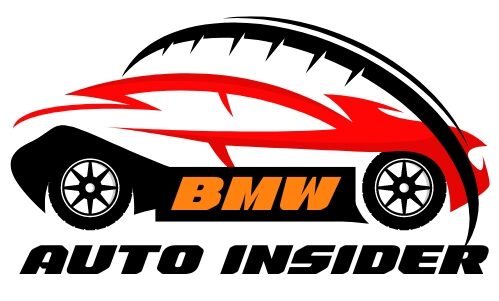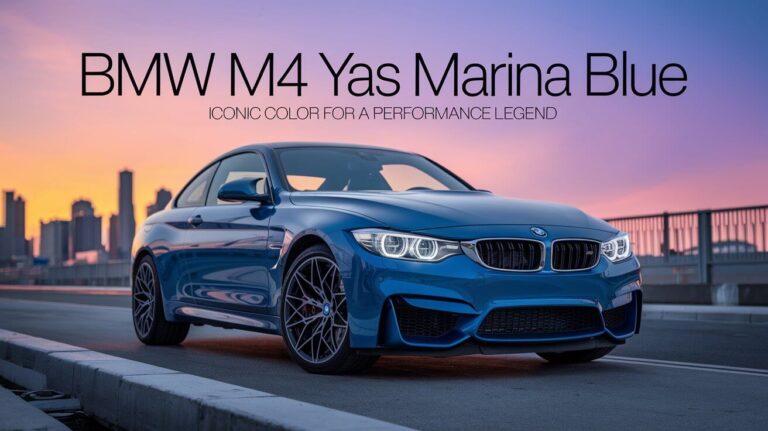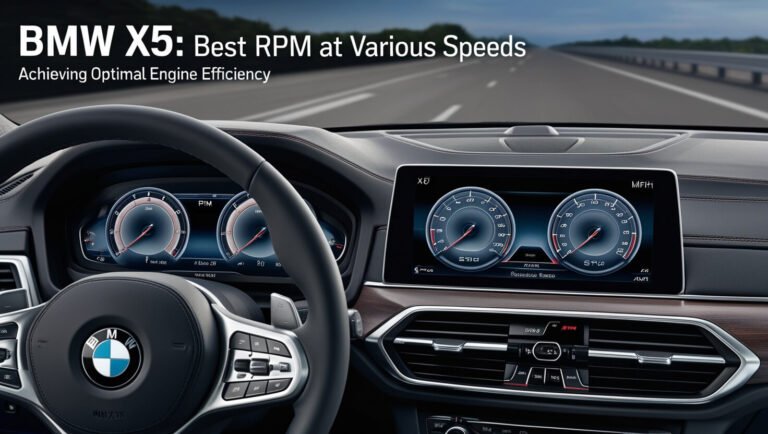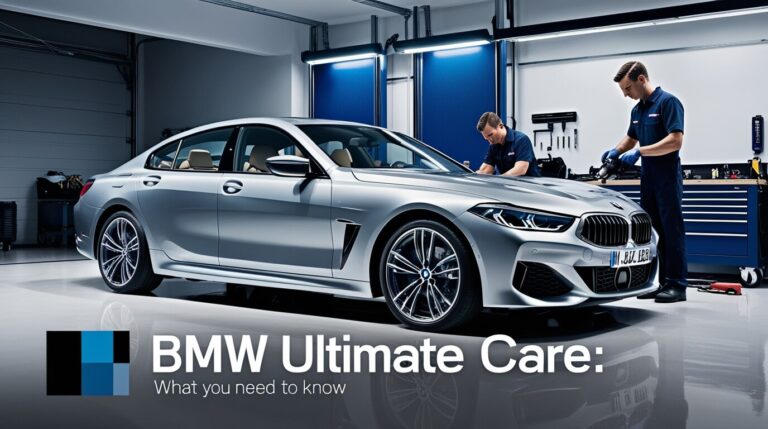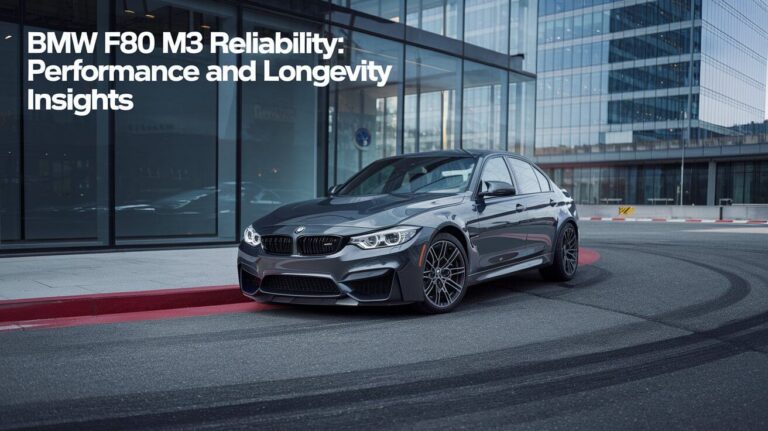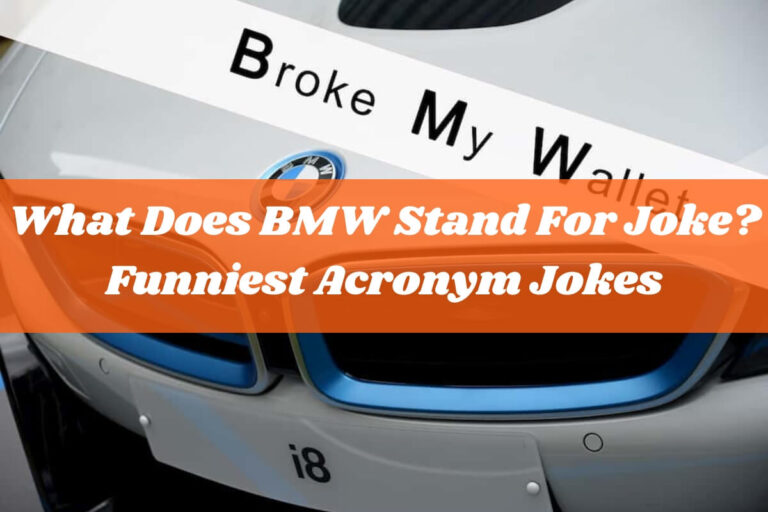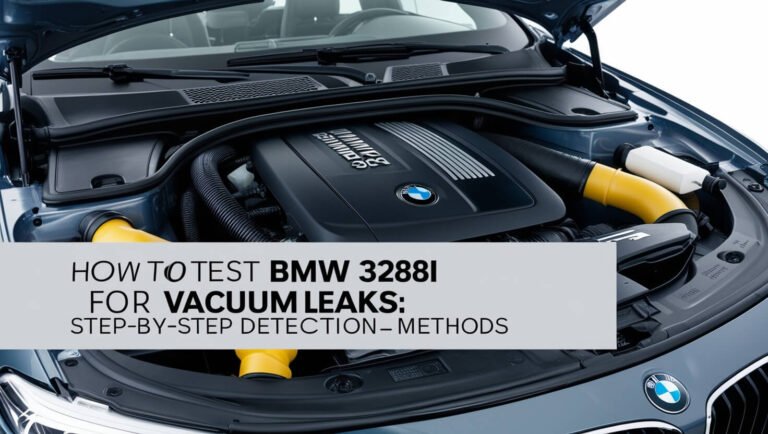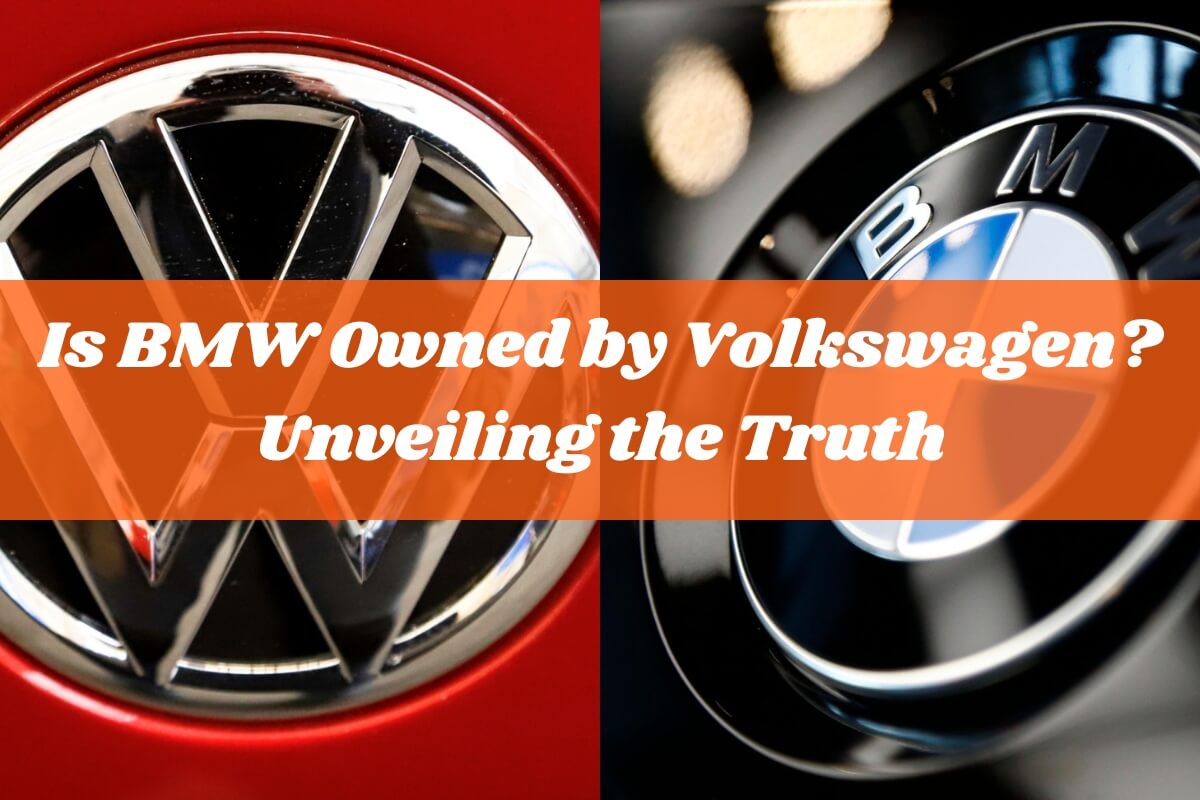
If you’re curious whether the luxury German automaker BMW (Bayerische Motoren Werke) is owned by the automotive giant Volkswagen, the simple answer is no, BMW is not owned by Volkswagen. They are two separate and independent companies, despite both being prestigious German automobile manufacturers.
In this comprehensive guide, we’ll unravel the truth about BMW’s ownership structure, explore its history and current brand portfolio, and compare it with Volkswagen’s owned brands. We’ll also dive into the rivalry between these two automotive titans, address common myths and misconceptions, and provide insights to help you make an informed decision when choosing between a BMW or Volkswagen vehicle.
A Glance into BMW’s Illustrious History
BMW has a rich heritage that dates back to 1916 when it was initially founded as a manufacturer of aircraft engines. After the end of World War I, the company transitioned into the automobile industry, producing its first motorcycle in 1923 and its first car, the iconic BMW 3/15 PS, in 1928.
Over the years, BMW has solidified its reputation as a maker of high-performance luxury vehicles, renowned for their exceptional engineering, sleek designs, and innovative technologies. Some of the brand’s most popular and iconic models include the BMW 3 Series, the BMW 5 Series, the BMW X3 and X5 SUVs, and the high-performance M series models.
BMW’s Current Ownership Structure
BMW is not owned by Volkswagen or any other automaker. Instead, it is owned by the BMW Group, a public company traded on the Frankfurt Stock Exchange. The BMW Group serves as the parent company for several brands, including:
- BMW (the core brand)
- MINI (a subsidiary acquired in 2000)
- Rolls-Royce Motor Cars (a subsidiary acquired in 1998)
- BMW Motorcycles
While the BMW Group operates various brands under its umbrella, it remains an independent entity separate from Volkswagen and other major automotive groups.
Volkswagen’s Expansive Brand Portfolio
On the other hand, Volkswagen has pursued an aggressive strategy of acquiring and owning multiple automotive brands over the years. The Volkswagen Group, headquartered in Wolfsburg, Germany, is the parent company of several well-known car brands, including:
- Volkswagen (the core brand)
- Audi
- Porsche
- Bentley
- Bugatti
- Lamborghini
- SEAT
- Skoda
- Ducati (motorcycles)
- Scania (commercial vehicles)
- MAN (commercial vehicles)
As you can see, Volkswagen’s brand portfolio is diverse, spanning luxury and performance vehicles, as well as commercial vehicles and motorcycles. However, BMW is not part of this extensive lineup and remains an independent competitor to Volkswagen and its subsidiaries.
BMW vs. Volkswagen: Rivalry in the Automotive Industry
Despite their separate ownership structures, BMW and Volkswagen (along with its subsidiaries like Audi and Porsche) are fierce rivals in the global automotive market, particularly in the luxury and high-performance segments.
BMW has positioned itself as a manufacturer of premium vehicles focused on driving dynamics, performance, and advanced technologies. Its marketing campaigns often emphasize the “ultimate driving machine” tagline, appealing to enthusiasts who prioritize a thrilling driving experience.
On the other hand, Volkswagen’s brand portfolio caters to a wide range of consumers, from budget-conscious buyers with the core Volkswagen brand to luxury and performance enthusiasts with brands like Audi, Porsche, and Lamborghini. The Volkswagen Group’s strength lies in its ability to offer a diverse range of vehicles across multiple price points and segments.
In terms of sales and market share, both BMW and Volkswagen (along with its subsidiaries) are among the top-selling automakers globally. However, their market strategies and target audiences differ, contributing to the intense competition between these German giants.
Popular BMW Models
BMW’s lineup is known for its blend of luxury, performance, and innovation. Some of the brand’s most popular models include:
- BMW 3 Series: The quintessential BMW sedan, renowned for its balance of performance, handling, and practicality.
- BMW 5 Series: A larger and more luxurious sedan, offering a blend of comfort and driving dynamics.
- BMW X3 and X5: BMW’s mid-size and full-size luxury SUVs, combining utility with the brand’s signature driving experience.
- BMW M Series: The high-performance division of BMW, producing souped-up versions of popular models like the M3, M4, and M5.
Additionally, BMW is actively pursuing the development of electric vehicles (EVs) to stay competitive in the rapidly evolving automotive landscape. Models like the BMW i3 and the upcoming BMW iX and i4 represent the brand’s commitment to sustainable mobility.
Popular Volkswagen Group Models
With its diverse brand portfolio, the Volkswagen Group offers a wide range of popular models across various segments and price points. Here are a few notable examples:
- Volkswagen Golf: The iconic compact hatchback that has been a staple in the Volkswagen lineup for decades.
- Audi A4: A compact executive sedan that combines luxury, performance, and affordability within the Audi brand.
- Porsche 911: The legendary sports car from Porsche, known for its exceptional performance and iconic design.
- Lamborghini Aventador and Huracán: High-performance supercars from Lamborghini, representing the pinnacle of exotic Italian craftsmanship and engineering.
- Bentley Continental GT: A luxurious grand tourer from Bentley, offering a blend of opulence and performance.
Like BMW, the Volkswagen Group is also actively pursuing electric vehicle technologies, with brands like Audi, Porsche, and Volkswagen introducing various EV models to meet the growing demand for sustainable mobility.
Should I Buy a BMW or Volkswagen Vehicle?
When it comes to choosing between a BMW or a vehicle from the Volkswagen Group, the decision ultimately depends on your specific needs, budget, and preferences. Here are some factors to consider:
- Budget: BMW vehicles tend to be more expensive than their Volkswagen counterparts, especially when comparing entry-level models. Volkswagen offers a wider range of affordable options, while BMW caters more to the premium and luxury segments.
- Performance: If you prioritize driving dynamics, handling, and overall performance, BMW vehicles are often praised for their exceptional driving experiences. However, brands like Audi and Porsche within the Volkswagen Group are also known for their high-performance offerings.
- Practical Considerations: If you need a vehicle for daily commuting, family hauling, or utility purposes, the Volkswagen Group’s lineup may offer more practical and spacious options, such as SUVs and minivans, at various price points.
- Reliability and Customer Satisfaction: Both BMW and Volkswagen brands generally score well in reliability ratings and customer satisfaction surveys, but it’s essential to research specific models and consult industry reports to make an informed decision.
- Resale Value: Historically, BMW vehicles have maintained strong resale values, which can be an important consideration if you plan to sell or trade in your vehicle in the future.
Ultimately, it’s crucial to evaluate your specific needs, budget, and preferences carefully before making a purchase decision. Test-driving multiple models from both BMW and the Volkswagen Group can help you determine which vehicle best suits your lifestyle and driving requirements.
Common Myths and Misconceptions
Due to the prominence of both BMW and Volkswagen in the automotive industry, several myths and misconceptions have arisen regarding their ownership structures and relationships. Let’s address some of these common misunderstandings:
Myth 1: BMW is owned by Mercedes-Benz or Daimler AG. This is a common misconception, likely stemming from the fact that both BMW and Mercedes-Benz are German luxury automakers. However, Mercedes-Benz is owned by Daimler AG, a separate company from BMW Group.
Myth 2: Volkswagen owns all German car brands. While Volkswagen has acquired several German brands like Audi and Porsche, it does not own all German automakers. BMW, Mercedes-Benz, and Opel (now owned by Stellantis) are examples of major German car brands that are not part of the Volkswagen Group.
Myth 3: BMW and Volkswagen are partners or have a joint venture. While BMW and Volkswagen have collaborated on certain projects and technologies in the past, they are independent companies and direct competitors in the automotive market. They do not have a formal partnership or joint venture agreement.
It’s essential to rely on credible sources and official information from the automakers themselves to separate fact from fiction regarding brand ownership and relationships.
